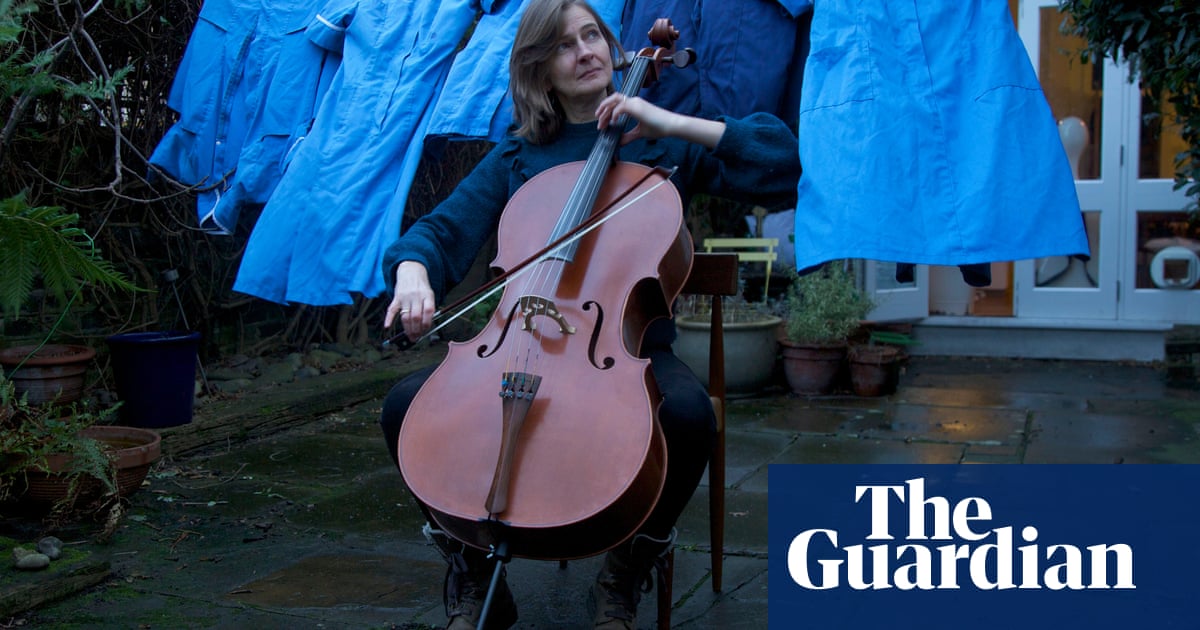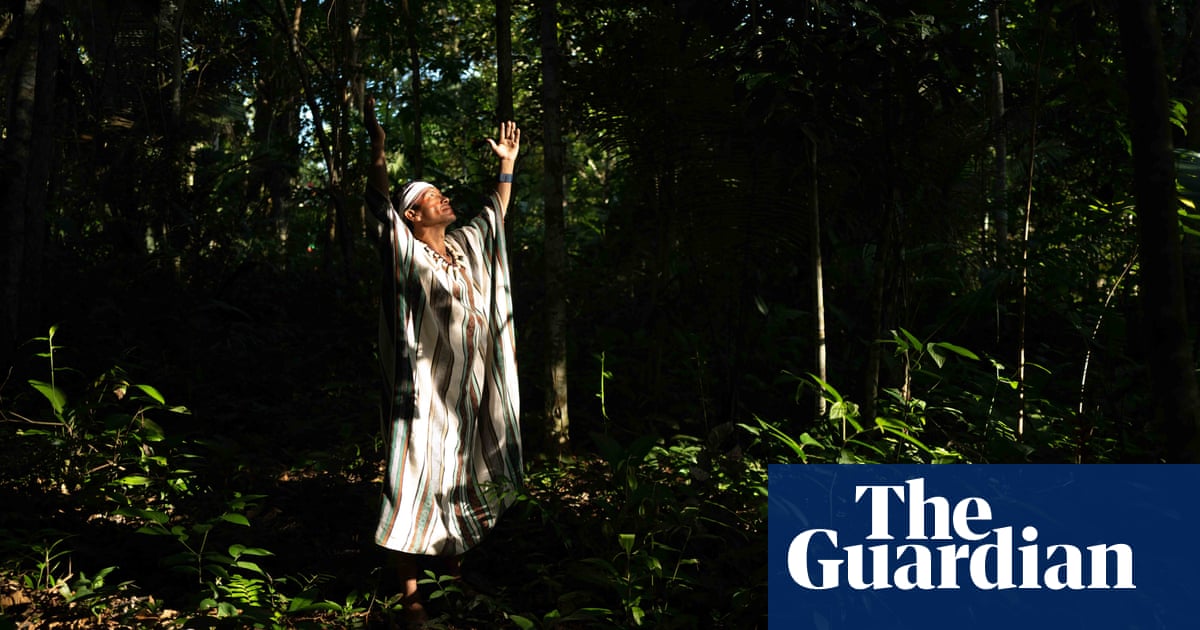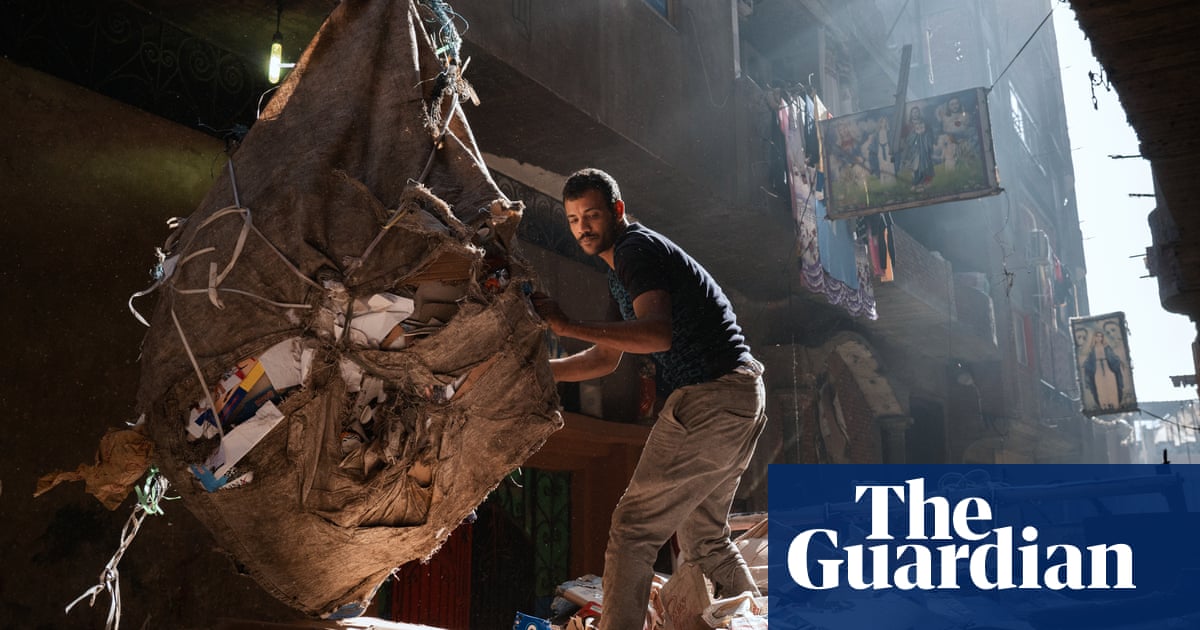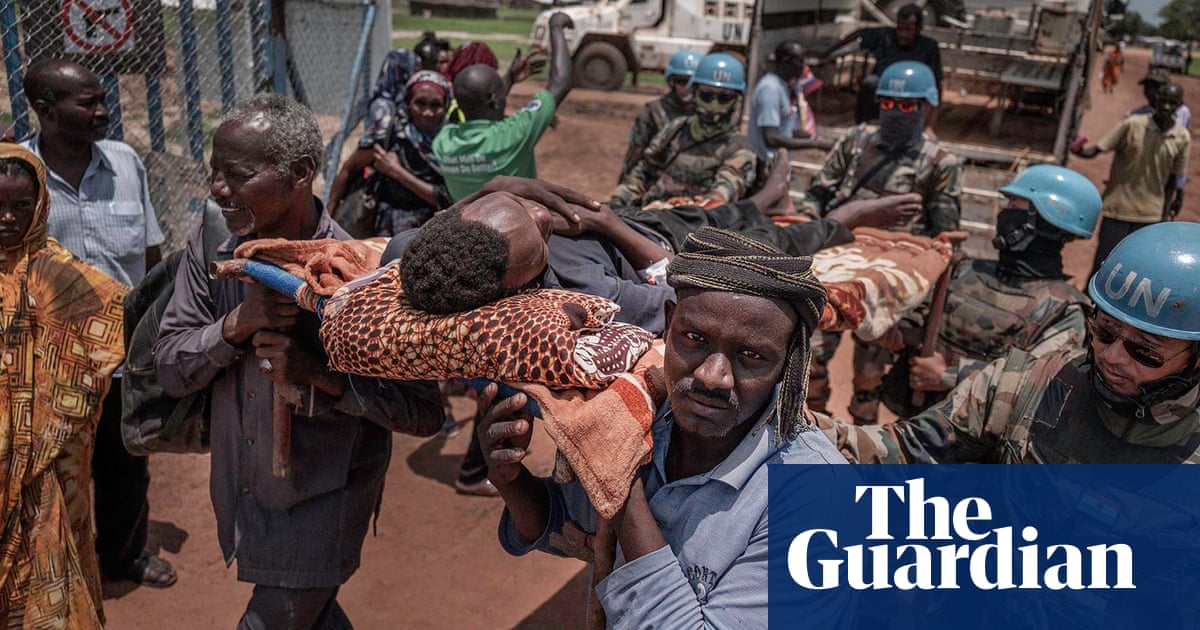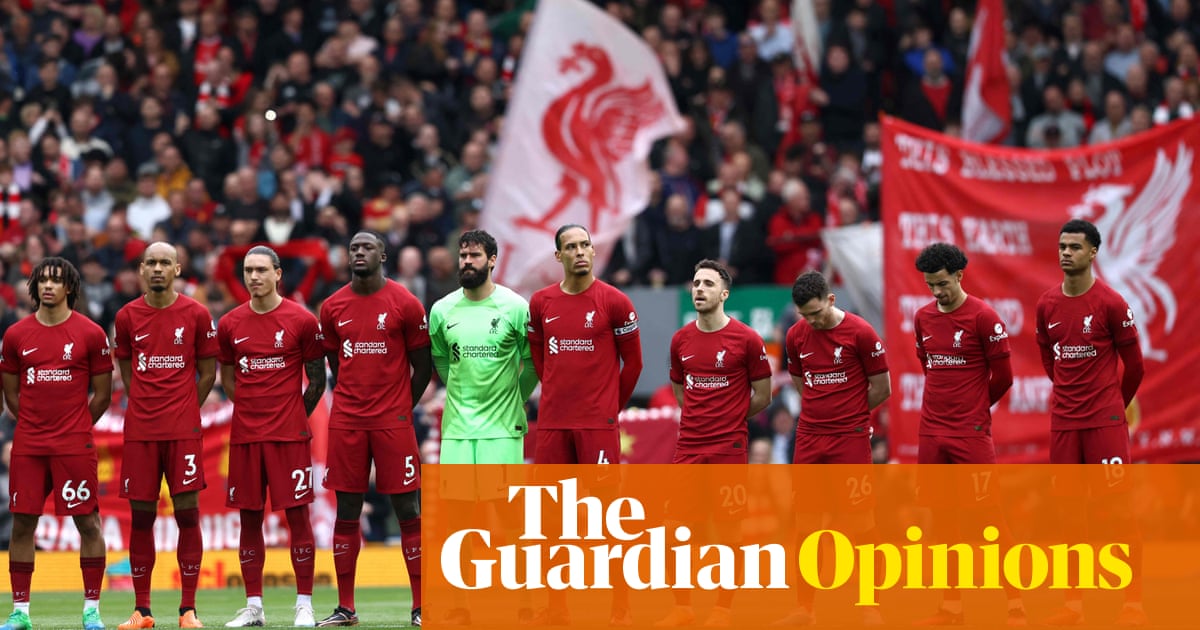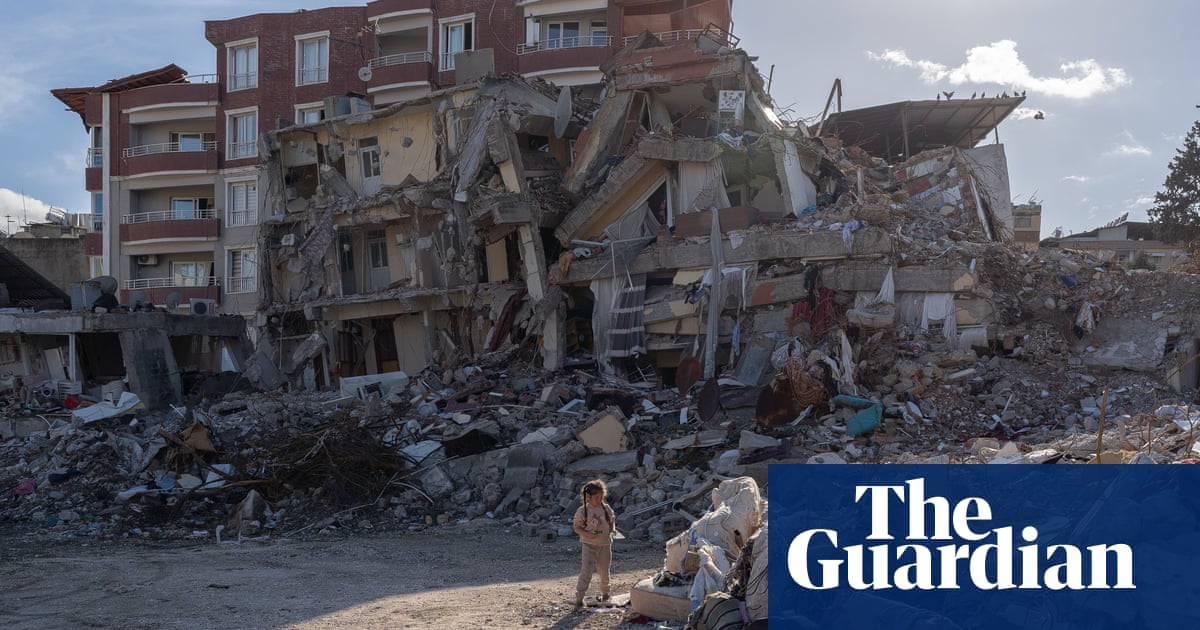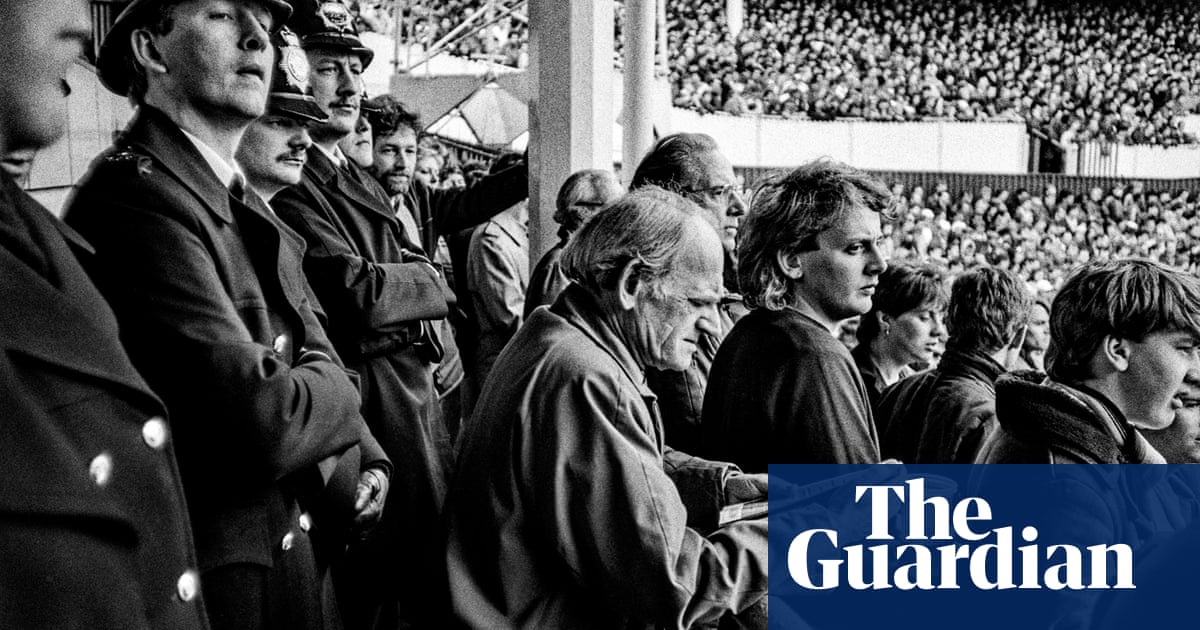
My father has just moved into a residence for the elderly from which he will not return. He’s 92. Care assistants attend to him. He’s succumbed without protest to things he’d have once thought of as indignities. Dementia is taking him, his memory slipping away like wrack drawn by a tide.
He’s in Leicester, where he grew up, where I grew up. I’m in New Orleans, far away in space but also in experience and outlook. He followed, and surpassed, the models for English working-class men of his time. He was taciturn, undemonstrative. He contained himself with an acute and I think painful vigilance. I had punk.
All my life I’ve been looking for a connection with him. He never held me or told me that he loved me. In later years when I was living elsewhere and would come back to Leicester to visit him and my mother I’d see him waiting at the end of the railway platform and I’d go to him, put my arms around him, kiss him. “I love you dad,” I would say. I could feel the armour go up around his mind and body as he waited for this to pass.
I was nine in 1966 when slurry from a coalmine above Aberfan in Wales slid down the side of a hill and buried a row of houses and a school. Twenty-eight adults and 116 children were killed. My father watched the reports of this tragedy on a little black-and-white television we had in the house. The children were equivalent in age to me and my two siblings. I saw tears running down his face and it terrified me. I’d never seen an adult cry, nor seen him being moved beyond the narrow parameters of emotion in which he kept himself contained. I went to turn off the television which was distressing him. “No, no,” he said. He waved me away. I put my hand on his shoulder to comfort him. I felt him freeze.
That same year he took me to my first football match. Leicester City v Manchester City, FA Cup fifth round replay. We went by bus to the station then walked past the Recreation Ground, where the football brawls were enacted, and the Welford Road prison and on to the stadium. He took my hand. Forty-two thousand people were streaming towards Filbert Street’s entrances. The atmosphere was building. You could not escape the intensity and sense of importance of the event about to take place. We were to take in the miracle on our feet on the Spion Kop terrace.
When we got to the grounds we were forced apart before we would meet again, me to the gate marked “boys” and he to the adults. One and six for me, three shillings for him. The coins went into the slot and I was vaulted through the turnstile, hoping I would find him on the other end and fearing I wouldn’t. He was there.
We moved, my hand in his again, below the stands, the assurance of his presence an unexpected balm, up the stairs, and there it was – the manicured pitch, neon green, the players in their blue and white jerseys moving over it like Greek gods. The smell of liniment and frying food, the calls of hawkers, the inscrutable letters and numbers designating seating areas. We made our way to the Spion Kop, heartland for Leicester City supporters. Men were drunk, tipping over, using language I’d never heard, pressed together, body to body. I saw the match in momentary glimpses through the arms of the men. They were a single mass, pinned to their spots. They drank beer and pissed where they stood, the urine running in streams down the steps. I saw them roar and embrace. In my world, only at football matches did such things happen.
I found my father in football, and only there. It was in the way we walked, how he held my hand, how he watched the match and was released for a time from his emotional constraints, how we talked later and on through our lives about the beautiful game. And now with my two sons, when I find myself at sea and all else fails, I resort to football and the tensions ease.
The late Japanese novelist Yukio Mishima believed that love between two people was too fragile without a third element to give it stability, a triangle rather than a straight line. For him the apex was the Emperor. For my dad and me it was football.
I left Leicester, long ago. But I never left football. Wherever I lived and could find a football ground, I photographed. The standing terraces are gone, but when they were still present I particularly loved photographing them, where men pressed together and embraced and fathers stood with their sons.
My father drifts now in the grey zones of his consciousness. He says little. My brother and sister and mother find it difficult to reach him. Often they must settle for silence. But when I call him at the residence from New Orleans and we talk about football, his memory focuses, and he comes alive.




